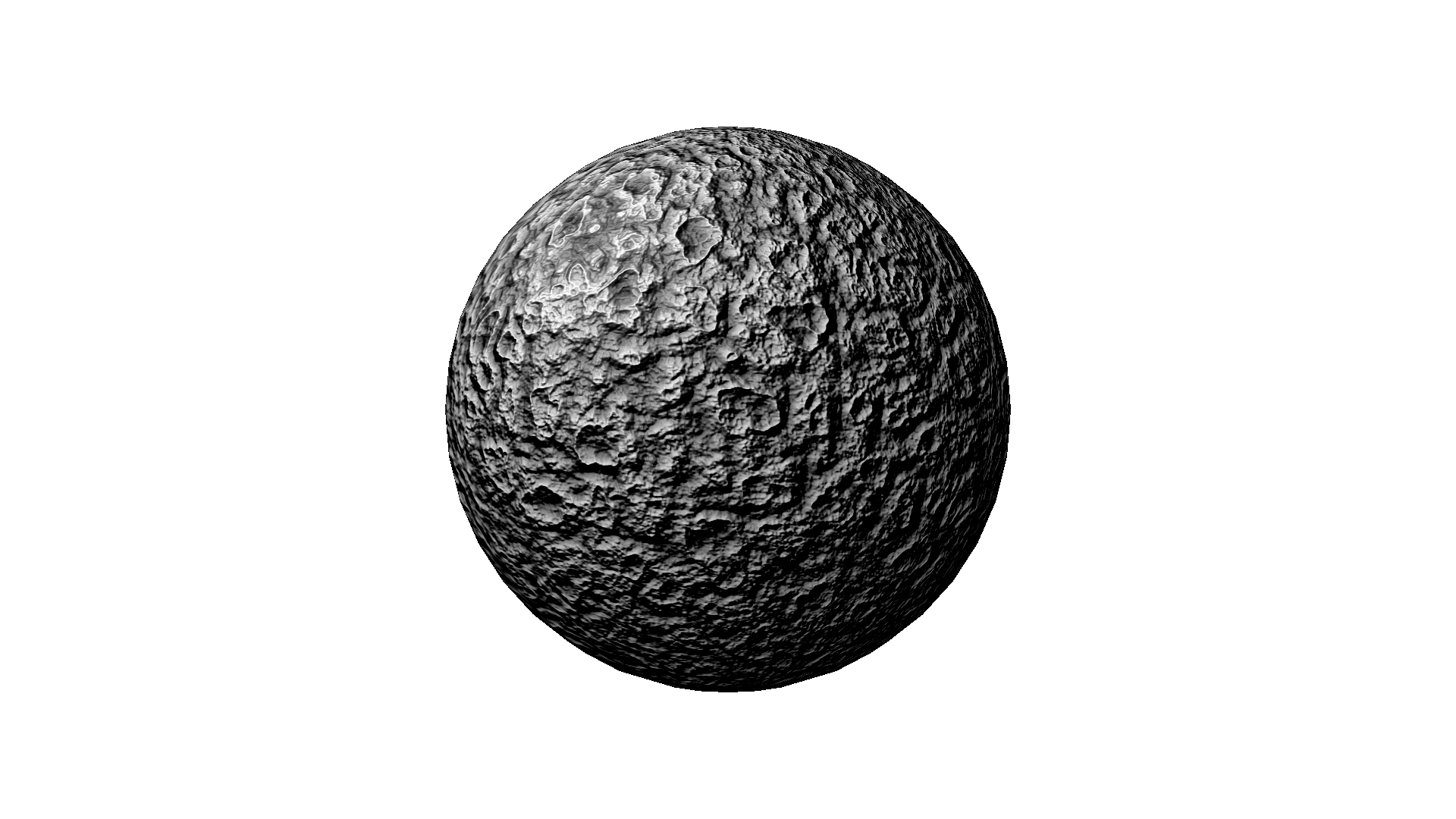When you start the research, like I did, on building your own Home Theater PC, you inevitably come across a page or two that claims to give you all the information you need to build the "ultimate" rig for yourself. Some of these pages do provide a wealth of valuable and useful information, but none of them (that I've seen) actually provide you everything. How do you define everything? Well, if I'm going to make the leap to a HTPC, I'm probably doing it for one of two reasons (there may be more, actually). You either want to build one for the fun of it or just to learn how, or you may be choosing that path to escape the burden of your current cable or satellite company. Coincidentally, NPR just did a story yesterday on the number of people who are starting to tell their providers to take a hike. If it is the latter (like myself), "everything" is defined as the path of least resistance. That is, cost is not the primary driver, as I recognize that if I use it long enough I will eventually make my money back in the savings I will enjoy after I tell my provider to go pound sand. Cost is second to the time and hassle factor of setting up the system. This means that "everything" is not only a foolproof hardware configuration that has been tested, but step-by-step instructions for installing all the necessary software as well.
So you're about to read a page that provides you all of that. I know this is a incredible claim, but when I set out to do this, I promised myself I would do it right, and I would keep detailed notes so that I could then provide this information to others. This is truly a turn-key system -- no bullshit. You buy the hardware I have listed, you follow my instructions for installing the software, and you will have the ultimate HTPC. You will be out $500, but you will still have your sanity. And your hair.
So how do you define ultimate? Well, at the time of this writing, ultimate means a confluence of several established platforms as well as integration of emerging and future techologies. The ultimate HTPC isn't about specs. It isn't about raw CPU horsepower. It isn't about bells and whistles. It is about performance, but without sacrificing aesthetics. The ultimate HTPC will replace cable/satellite as your primary source of television content. There are sacrifices implied in that statement. You are ready to say goodbye to premium channels (like HBO and Showtime), although most if not all of their content is made available on DVD at some point. You are ready to say goodbye to a lot of second-tier channels, although the same is true of most of their content, and a lot of it is also available online. The ultimate HTPC will also replace your standalone DVD player. By the way, my design is not Blu-Ray capable. Blu-Ray, in my opinion, is a solution in search of a problem. It's an industry conspiracy to steal our money, and I'm not participating. If you're like me, standard DVDs are just fine. The ultimate HTPC allows streaming of Netflix movies as well as any other internet content that is consumable through a web browser. The ultimate HTPC is also capable of storing a significant amount of content -- both PVR-style, as well as traditional movies ripped from DVD.
So those are my criteria: use over-the-air HD as the primary source, play standard def DVDs, stream all known content from the internet, and hold at least 500GB of video content either internally or through Network Attached Storage (NAS). If this sounds like the kind of system you would like, and you have the money, here begins the journey.
[Continued in Part II, The Hardware...]

